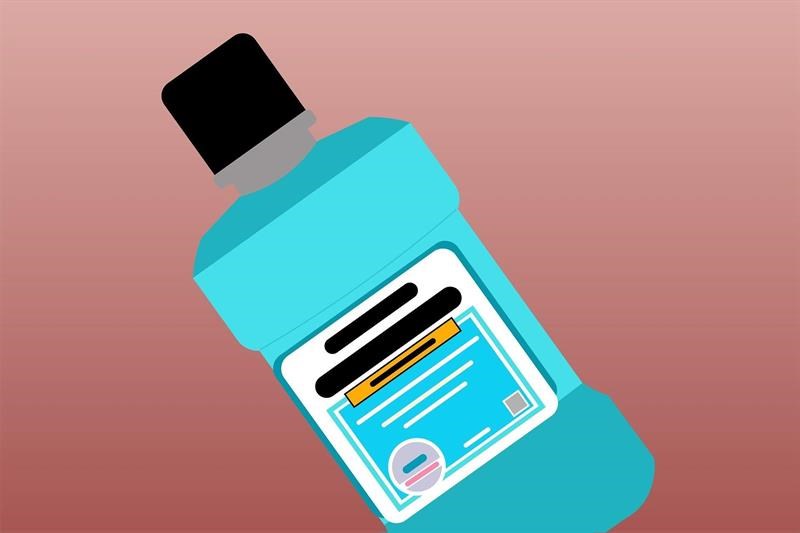Research needed to see if mouthwash has the potential to fight COVID-19
Published: 15/05/2020
Scientists are calling for urgent research into whether mouthwash can reduce transmission of coronavirus in its early stages.
Researchers say mouthwash could destroy the outermost layer or 'envelope' of the virus, preventing its replication in the mouth and throat.
The group carried out a review of scientific research, published in the journal Function, to assess whether mouthwash could have the potential to reduce transmission in the early stages of infection.
The researchers from Cardiff University’s School of Medicine, along with the universities of Nottingham, Colorado, Ottawa, Barcelona and Cambridge’s Babraham Institute included virologists, lipid specialists, microbicide and healthcare experts, while industry partners provided global formulation information.
The review was led by Professor Valerie O’Donnell who was made a Fellow of the Academy of Medical Sciences on Wednesday.
Previous studies had shown that agents commonly found in mouthwashes, such as low amounts of ethanol, povidone-iodine and cetylpyridinium, could disrupt the lipid membranes of several enveloped viruses.
It is not yet known whether this could also be the case for this new coronavirus.
The researchers assessed existing mouthwash formulations for their potential ability to disrupt the SARS-CoV-2 lipid envelope - and suggested that several deserve clinical evaluation.
'We highlight that already published research on other enveloped viruses, including coronaviruses, directly supports the idea that further research is needed on whether oral rinsing could be considered as a potential way to reduce transmission of SARS-CoV-2,' the authors said.
They said research to determine the potential of this approach could include evaluating existing – or specifically-tailored – formulations of mouthwash in the lab and then in clinical trials.
Monitored population-based trials could be undertaken with appropriate commercially-available brands.
Lead author Professor O’Donnell, Co-Director of Cardiff University’s Systems Immunity Research Institute, said: 'Safe use of mouthwash – as in gargling – has so far not been considered by public health bodies in the UK.
'In test tube experiments and limited clinical studies, some mouthwashes contain enough of known virucidal ingredients to effectively target lipids in similar enveloped viruses.
'What we don’t know yet is whether existing mouthwashes are active against the lipid membrane of SARS-CoV-2. Our review of the literature suggests that research is needed as a matter of urgency to determine its potential for use against this new virus.
'This is an under-researched area of major clinical need - and we hope that research projects will be quickly mobilised to further evaluate this.'
Professor O’Donnell added: 'Mouthwash has not been tested against this new coronavirus yet. People should continue to follow the preventive measures issued by the UK government, including washing hands frequently and maintaining social distance. This study suggests further clinical studies could be worthwhile based on the theoretical evidence.'
Dr Saul Konviser, from the Dental Wellness Trust, says: 'Whilst we welcome the news, more research is needed into whether normal mouthwash could be effective in reducing COVID-19 transmission in the early stages of infection. If people choose to use a mouthwash, ideally opt for one that contains hydrogen peroxide.
'Coronavirus is spread through water or mucus droplets from the nose and mouth and saliva containing the virus. It’s therefore essential that people keep their toothbrushes routinely disinfected or sterilised after each use – ideally with hot water, hot water and salt or hot water with one added teaspoon of vinegar.
'It’s best to use a new manual toothbrush while you have the virus and throw away your toothbrush after seven days. Also do keep your toothbrush stored away from the toothbrushes of other members of the family and not to share toothpaste tubes.'
Author: Julie Bissett













